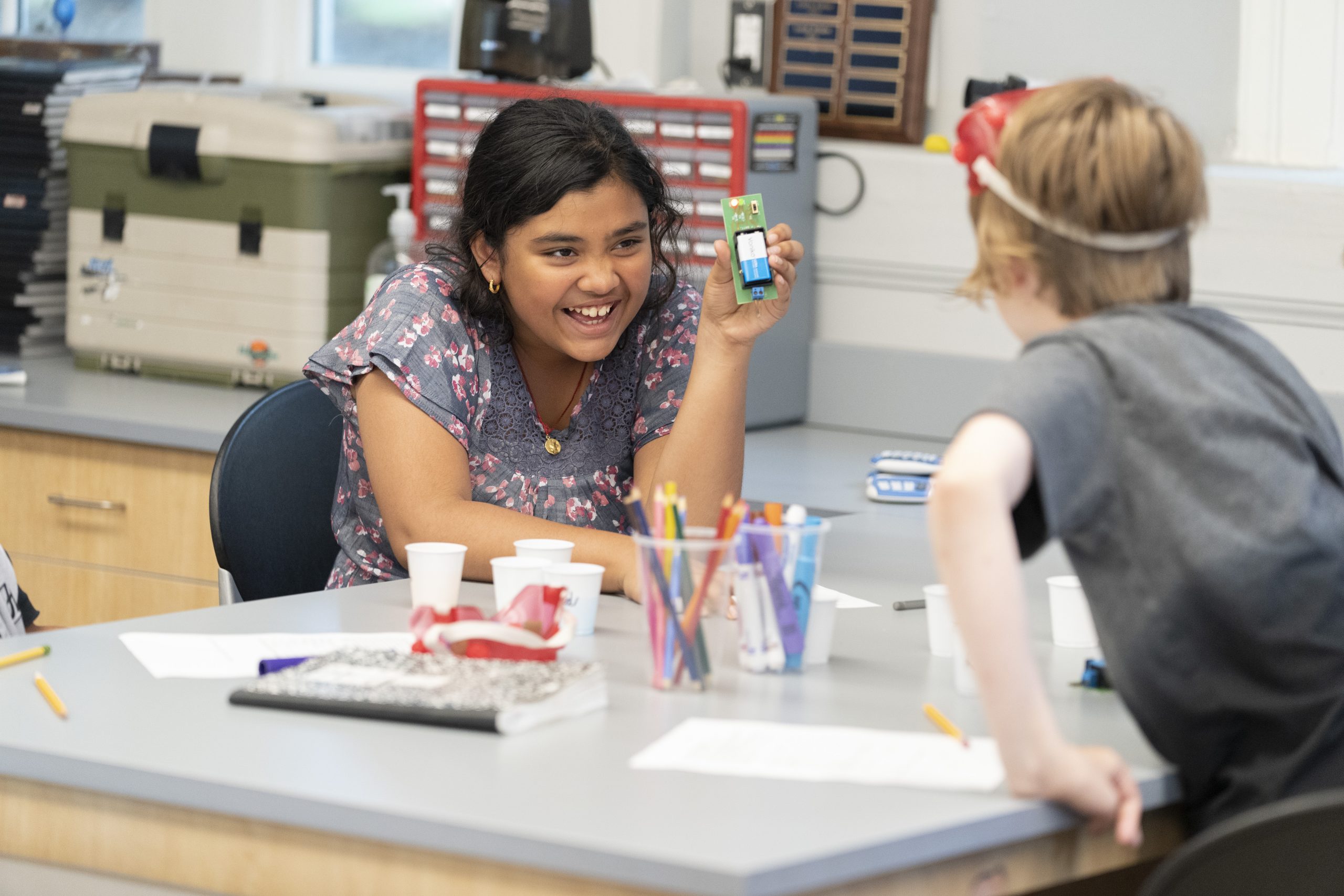Spring Programs Accepting Applications
SAVY Information
Fall SAVY 2022
Three Consecutive Saturdays:
October 22, October 29, & November 5

Course Availability Key**
CLOSED
Full–waiting list only
Available–limited space
Available
Students will be able to take one course for three consecutive Saturdays.
Please contact our office at 615-322-2664 or savy.pty@vanderbilt.edu if you have questions about availability or the length of the waiting list for a particular course.
Table updated on September 29, 2022
| Kindergarten | 1st & 2nd Grade | 3rd & 4th Grade | 5th & 6th Grade |
| (1) Becoming a Botanist | (1) Encounters with Measurement (2) Engineering Design: Full STEAM Ahead! |
(1) Adventures in Algebra (2) Superhero Psychology: How Heroes and Villains Think and Feel |
(1) Coding and Robotics (2) In the Mind's Eye: Truth vs Perception |
Choose a grade level below to view the course description.